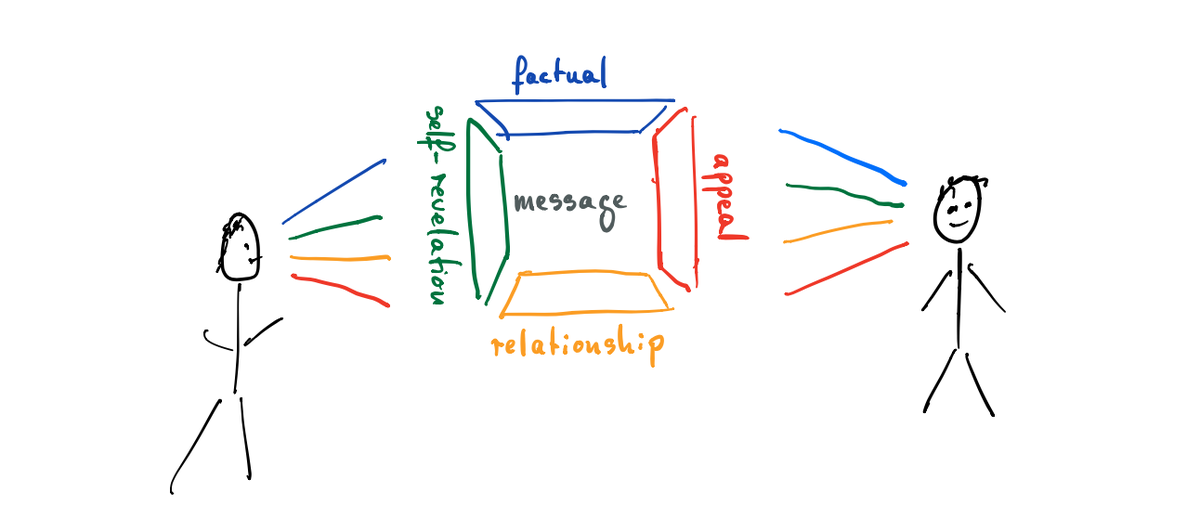
1/4
There used to be a clear definition of "economically rational."
This meant: maximize expected wealth.
When confronted with reality, this model fell flat on its face. People don't do it.
There used to be a clear definition of "economically rational."
This meant: maximize expected wealth.
When confronted with reality, this model fell flat on its face. People don't do it.
2/
Utility was introduced, but with it the meaning of "rational" became unclear.
Was utility a means of describing irrational behavior, or was maximizing expected utility the new rational?
Both notions exist in the literature.
Utility was introduced, but with it the meaning of "rational" became unclear.
Was utility a means of describing irrational behavior, or was maximizing expected utility the new rational?
Both notions exist in the literature.
3/
Making matters worse, "expected utility theory" exists in different forms: Bernoulli's original 1738 form is incompatible with von Neumann and Morgenstern's 1944 form.
When people say "expected-utility theory," some mean this, some mean that.
Making matters worse, "expected utility theory" exists in different forms: Bernoulli's original 1738 form is incompatible with von Neumann and Morgenstern's 1944 form.
When people say "expected-utility theory," some mean this, some mean that.
4/
As a consequence, when we say someone acts economically rationally or irrationally, this by itself is a meaningless statement.
Also, saying that expected utility theory holds or fails is meaningless unless we specify what we mean.
Economics has failed to define its terms.
As a consequence, when we say someone acts economically rationally or irrationally, this by itself is a meaningless statement.
Also, saying that expected utility theory holds or fails is meaningless unless we specify what we mean.
Economics has failed to define its terms.
• • •
Missing some Tweet in this thread? You can try to
force a refresh






